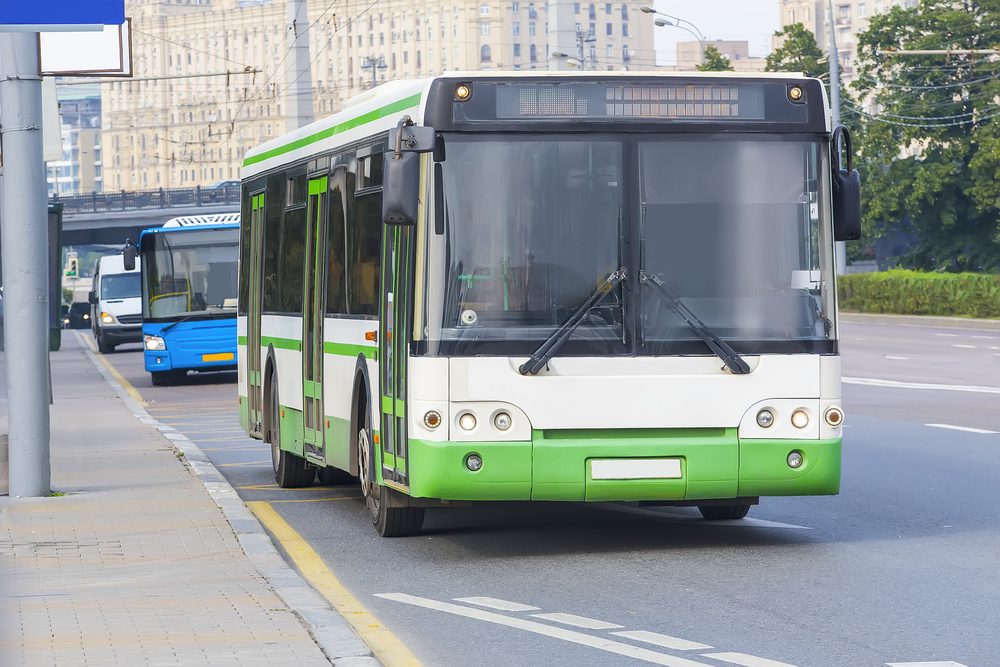BUs Accidents
Bus passengers, occupants of other vehicles, and pedestrians are all at risk of being injured in an incident with a bus. As with all injury-causing incidents, each bus collision is unique. There may be a single cause or multiple nuanced causes that could require the retention of experts to verify or uncover liability. Our experienced personal injury attorneys know this and will proactively make sure you have the strongest case possible in order to receive all that you and your family are entitled to.

We recommend that you do not give a statement to a bus company’s insurance carrier prior to speaking with our attorneys. The bus company’s insurance carrier does not always have a victim or their family’s best interests in mind when evaluating a claim. Our meticulous attention to detail will give you time to heal, while we compile and present the best case possible on your behalf. We offer free consultations.
Why Are Bus Accidents Different?
“Common carrier” buses owe their passengers a heightened duty of care. In other words, buses are not held to the same standard we hold personal vehicles. When we place our children on a bus, or board a public or private bus ourselves, we trust that the bus operator will exercise the highest level of care in carrying out their responsibility to safely deliver their passengers to their final destination. Bus accidents are often completely avoidable when the driver is properly trained and the buses are maintained within the accepted industry standards. Sadly, that is not always the case.
In addition to basic negligence in a collision, some common additional factors in bus accidents include driver fatigue, drivers operating under the influence of alcohol or drugs (prescription or illicit), moving violations (such as failure to observe traffic signal or speeding), and mechanical failure.
In order to reduce crashes, injuries, and fatalities involving large trucks and buses, the government created the Federal Motor Carrier Safety Administration (FMCSA). In carrying out its safety mandate, FMCSA develops and enforces data-driven regulations that balance safety with efficiency. Given the efforts of the FMCSA and other industry efforts, there has been a decrease over time in injuries and death caused by bus accidents. However, that delicate balance between safety and efficiency can lead to often predictable safety oversights when business goals get in the way of regulations.
While not as common as passenger vehicle accidents, bus accidents often cause catastrophic injuries and death. Furthermore, public transport does not often carry medical insurance that extends to their passengers. Injured victims are left with medical bills to be paid through their own PIP coverage or employer provided health care, much like a typical personal auto accident. Should a victim not be insured at all, they may be eligible for Property-Liability Insurance Guaranty Association (PLIGA). PLIGA applications need to be filed within 180 days of the incident. Do not hesitate to contact a personal injury attorney well versed in such matters.
References
Federal Motor Carrier Safety Administration “ LARGE TRUCK AND BUS CRASH FACTS 2014”
https://www.fmcsa.dot.gov/sites/fmcsa.dot.gov/files/docs/Large-Truck-and-Bus-Crash-Facts-2014%28April%202016%29.pdf
How Can We Help?
Contact MalamutLaw today to schedule a consultation for us to discuss your specific situation.
